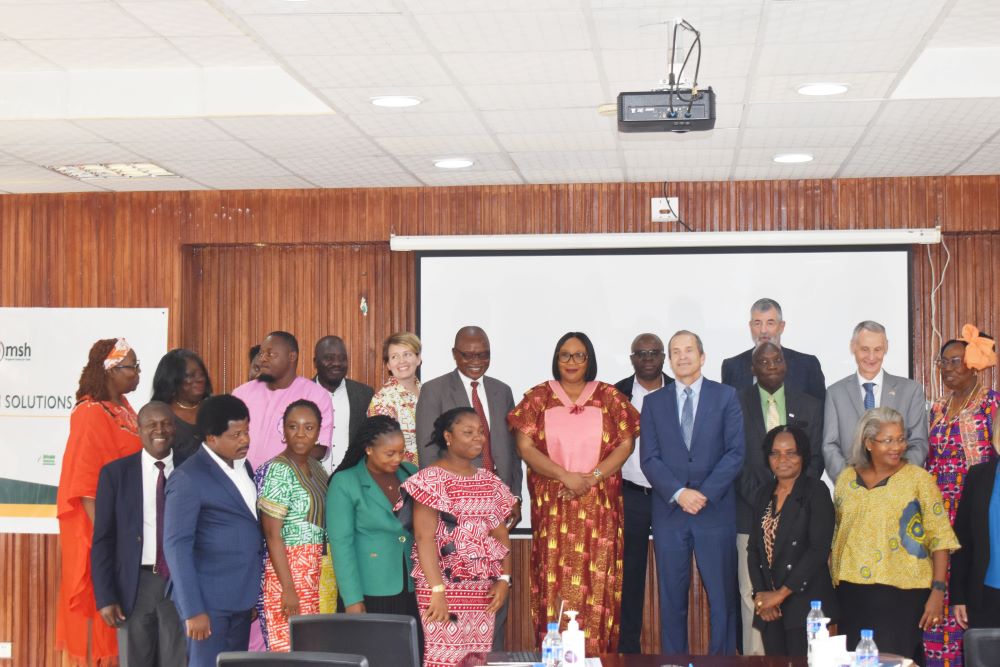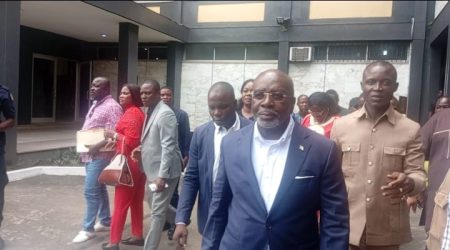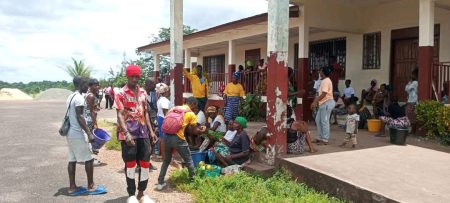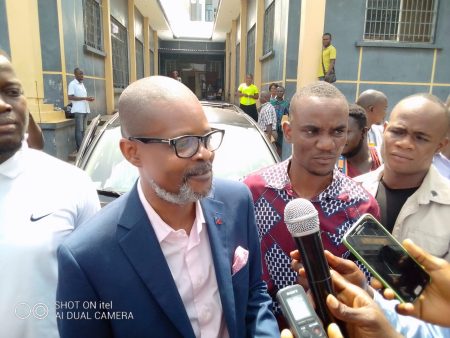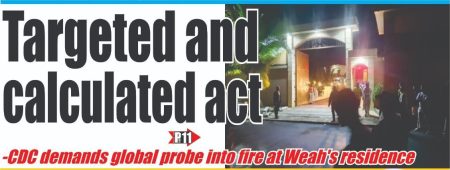On October 21, 2024, the U.S. Agency for International Development (USAID) and the Government of Liberia officially initiated the Local Health Solutions (LHS) Activity, a significant five-year program designed to bolster the country’s health systems. The launch event, presided over by Liberia’s Minister of Health, Dr. Louise M. Kpoto, and U.S. Ambassador Mark Toner, took place at the Ministry of Health. This initiative aims to deliver affordable, equitable, and high-quality healthcare services while simultaneously nurturing local leadership and empowering organizations to strengthen health systems throughout Liberia. The overarching goal of the LHS Activity is to create a robust health infrastructure that enhances various health services and promotes better governance in healthcare delivery.
The LHS Activity focuses on various essential health services, including maternal and newborn health, child and adolescent health, malaria treatment, and laboratory and disease surveillance systems. It seeks to implement effective governance structures that oversee healthcare initiatives while enhancing supply chain management for essential medical supplies. The emphasis on data usage is paramount, as it allows for informed decision-making and resource allocation, thus ensuring that healthcare services are not only accessible but also of high quality. By integrating these components into the reform process, the LHS Activity aims to create sustainable improvements in health outcomes for the Liberian population.
To effectively implement the LHS Activity, USAID has partnered with Management Sciences for Health (MSH), which will take the lead role in coordinating efforts across all 15 counties in Liberia. MSH’s collaborative approach emphasizes working closely with local organizations, four of which are women-led—Africabio, Community Health Initiative (CHI), Medical Emergency and Relief Cooperative International (MERCI), and Public Health Initiative Liberia (PHIL). This strategic partnership not only prioritizes inclusive leadership but also fosters an environment where local entities can play a crucial role in strengthening the national health system and enhancing community health resilience.
Ambassador Toner highlighted the comprehensive nature of the initiative, stating that the LHS Activity extends beyond improving healthcare; it aims to build resilience within communities by equipping them with the necessary tools and leadership. The importance of addressing healthcare challenges in underserved areas is a key aspect of the initiative, ensuring that improvement efforts reach those who need them most. This commitment illustrates the United States’ ongoing support for Liberia and its dedication to improving health outcomes across the country.
Moreover, the LHS Activity represents a significant continuation of USAID’s long-standing collaboration with the Liberian government aimed at addressing various health issues facing the nation. By strengthening health services, governance structures, and community engagement, the initiative is positioned to foster a healthier population and support Liberia’s broader development goals. The partnership brings together international expertise and local knowledge, creating a foundation for sustainable health improvements that could lead to long-term benefits for the Liberian health system.
In conclusion, the launch of the Local Health Solutions Activity marks a pivotal moment for Liberia’s health sector. Through collaborative efforts between USAID, the Liberian government, and local organizations, the initiative stands to address critical health challenges while empowering communities and enhancing service delivery systems. With a focus on equity, quality, and inclusiveness in healthcare, the LHS Activity aims to foster lasting improvements that could transform health outcomes for current and future generations in Liberia.





